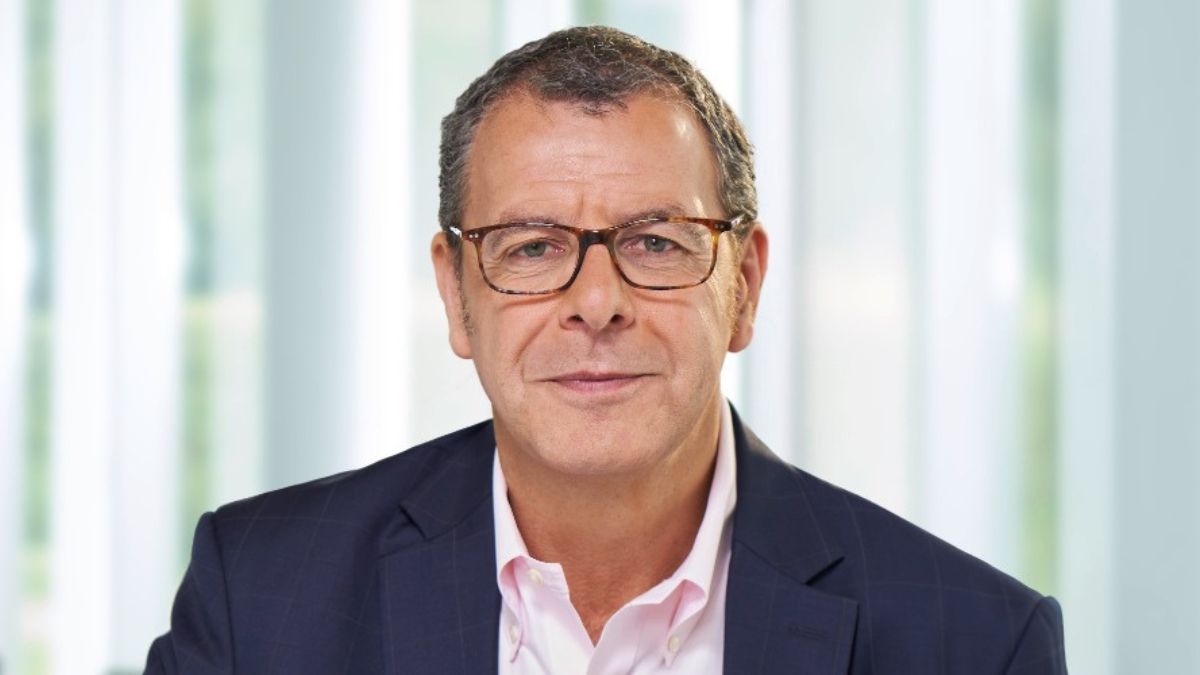

We might be done with this pandemic. Pandemics are not done with us. After more than two years of COVID, it's clear we have not learned from experience. We know that broad vaccination, widespread testing, and genetic surveillance can stop a viral threat. If we act accordingly, we can finally rein in the COVID variants prolonging this pandemic and be prepared for whatever future pathogens with pandemic potential arise.
New public health threats are an inevitability. But there's no reason future outbreaks need to be as deadly as COVID.
Thierry Bernard, Chief Executive Officer and Managing Director

Thierry Bernard, Chief Executive Officer and Managing Director
Thierry Bernard is Managing Director and CEO of QIAGEN. He previously held various functions within companies in the diagnostic industry, including 15 years at bioMérieux before joining QIAGEN in 2015, initially as head of the Molecular Diagnostics business area. He has earned degrees from Sciences Po (Paris), Harvard Business School, London School of Economics and the College of Europe and is a member of French Foreign Trade Advisors.



